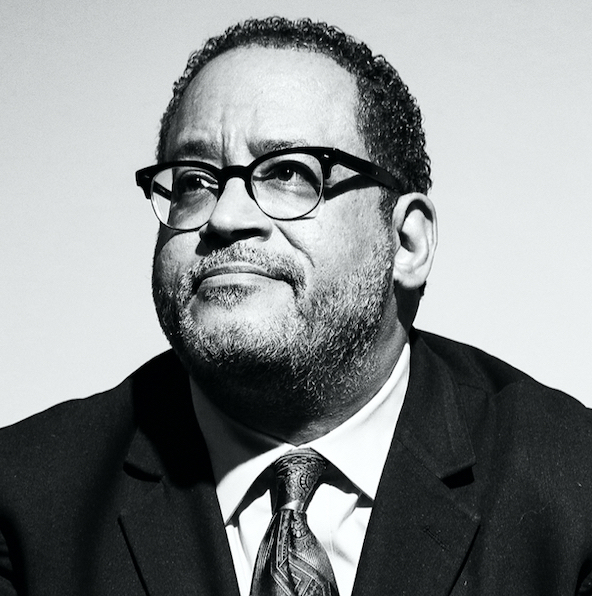Over the last several years in Philadelphia, we have witnessed the erection of the first monument to a Black man in our city, abolitionist Octavius Catto; the first mural to a legal and civic giant, A. Leon Higginbotham, Jr.; a community effort to rename a street from Taney — named for the Supreme Court justice who wrote the Dred Scott decision — for Caroline LeCount, Philly’s own Rosa Parks; and a school renamed from racist president Andrew Jackson to former slave-turned-educator Fanny Coppin Jackson.
Like these people, to me, the All Stars are the everyday folks who are doing the heavy lifting for their race and culture: Teachers, sanitation workers, people who work the traffic lights and run nurseries — both for kids and for your grass — the people who are clerks in local stores. They are the preachers who reach masses of people on a daily basis; the writers whose praises don’t get as well-sung as they should; the social activists who are out there trying to make a better life for us even when we don’t understand what’s at stake.
These are the people Dr. Martin Luther King, Jr., referred to as the “ground crew without whose labor and sacrifices the jet flights to freedom could never have left the earth.”
03
Edward Alexander Bouchet
Physicist
Edward Alexander Bouchet
Physicist
1852-1918
One of the first African Americans to graduate from Yale College and the first to earn a Ph.D. from any American university, Edward Alexander Bouchet was a professor and physicist born in New Haven, CT, to a freed enslaved man and his wife. The family were active members of the New Haven abolitionist movement.
After graduating from Yale, and with the persuasion of Philadelphia philanthropist Alfred Cope, Bouchet began to teach physics at Philly’s Institute for Colored Youth, the first college for Black Americans. Bouchet taught both physics and chemistry there for 26 years.
Accomplishments:
- One of the first African Americans to graduate from Yale College
- First Black American to earn a Ph.D. from any American University
- Member of the Phi Beta Kappa Honor Society
Learn more about Bouchet: Northwestern University, Biography of Edward A. Bouchet; This Month in Physics History, June 1876: “Edward Bouchet becomes the first African American PhD in physics”
Last word: “Optics is an example of the different ways a human is able to see things in the world. The same goes for the color of a person’s skin and even though optics present that there are differences in color, these do not state that they should necessarily be treated as different.”



